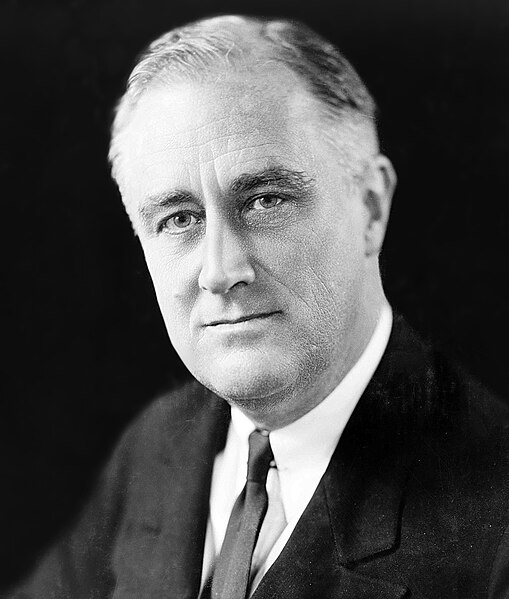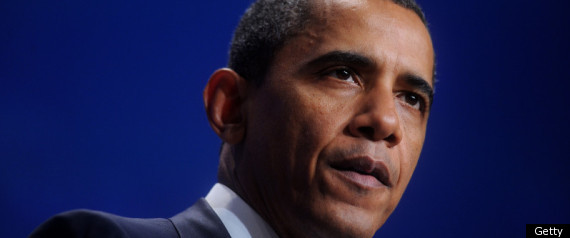Could it be that by a slight chance game Obama wins a second term ?
One Night I was flipping the channels on my remote . As I was surfing , changing channels . I for a brief second in time & how it came about in some galactic intermission moment on one of those government channels saw a minute glimpse of the future.............................There was ole President Obama speaking to the league of women voters . On the bottom of my TV caption read 2014 . Now you tell me how this could of happened ? In some Twilight Zone kinda way there it was Obama speaking and it's the year 2014 . This information would un-nerve every Tea Party member, and most of all the GOP. What I am saying could be real . If true , what a joke it would be in COSMIC STANDARDS . Obama won the 2012 reelection. How could this have happened ?
Allan Lichtman, the American University professor whose election formula has correctly called every president since Ronald Reagan’s 1984 re-election, has a belated birthday present for Barack Obama: Rest easy, your re-election is in the bag.The 13 KEYS could have changed . How ever there is a HIGH probability of a Win on Obama part. If Obama can't go for a second term his raising a billion dollars for a campaign reelection could have been better served helping out the poor .
“Even if I am being conservative, I don’t see how Obama can lose,” says Lichtman, the brains behind The Keys to the White House.
Lichtman’s prediction helps to explain a quirk in some polling that finds that while Americans disapprove of the president, they still think he will win re-election. [Check out political cartoons about the 2012 GOP field.]
Working for the president are several of Lichtman’s keys, tops among them incumbency and the scandal-free nature of his administration.Undermining his re-election is a lack of charisma and leadership on key issues, says Lichtman, even including healthcare, Obama’s crowning achievement.
Lichtman developed his 13 Keys in 1981. They test the performance of the party that holds the presidency. If six or more of the 13 keys go against the party in power, then the opposing party wins.“The keys have figured into popular politics a bit,” Lichtman says. “They’ve never missed. They’ve been right seven elections in a row. A number that goes way beyond statistical significance in a record no other system even comes close to.”
Lichtman’s earned quite the reputation. In 1992, it seemed likely former President George H.W. Bush would be re-elected, having reached historic highs in popularity after he launched a war that pushed Iraqi troops out of Kuwait. But Lichtman thought otherwise and that factored into former Arkansas Gov. Bill Clinton’s decision to challenge Bush.“I got a call from this woman with a thick southern drawl. It was Clinton’s special assistant. She wanted to know if it was true that a Democrat could win. I assured her it was and I sent Clinton a copy of my book and a memo and the rest is history.” [See photos of the Obamas behind the scenes.]
In 2005, Lichtman also hit a home run when he said that the political stage was looking so bad for Republicans that Democrats could pick a name out of the phone book and win in 2008, the year a little known first-term senator became the first African-American to win the presidency.
Now Lichtman’s predicting a repeat performance by Obama.
Below are each of the keys and how it falls for Obama. (PLEASE NOTE THAT THIS KEY HAS BEEN CHANGED SINCE PUT TOGETHER BY Lichtman) ***** SEE MY NOTES AND COMMENTS.
********* NOTES AND COMMENTS:
- Party mandate: After the midterm elections, the incumbent party holds more seats in the U.S. House of Representatives than it did after the previous midterm elections. Says Lichtman, “Even back in January 2010 when I first released my predictions, I was already counting on a significant loss.” Obama loses this key.
- Contest: There is no serious contest for the incumbent party nomination. Says Lichtman on Obama’s unchallenged status, “I never thought there would be any serious contest against Barack Obama in the Democratic primary.” Obama wins this key.
- Incumbency: The incumbent party candidate is the sitting president. Easy win here for Obama.
- Third Party: There is no significant third party challenge. Obama wins this point.
- Short term economy: The economy is not in recession during the election campaign. Here Lichtman declares an “undecided.”
- Long-term economy: Real per capita economic growth during the term equals or exceeds mean growth during the previous two terms. Says Lichtman, “I discounted long term economy against Obama. Clearly we are in a recession.” Obama loses this key. [Read: Seven Ways Obama Can Gain Credibility on Jobs.]
- Policy change: The incumbent administration effects major changes in national policy. “There have been major policy changes in this administration. We’ve seen the biggest stimulus in history and an complete overhaul of the healthcare system so I gave him policy change,” says the scholar. Another win for Obama.
- Social unrest: There is no sustained social unrest during the term. Says Lichtman, “There wasn’t any social unrest when I made my predictions for 2012 and there still isn’t.” Obama wins a fifth key here.
- Scandal: The incumbent administration is untainted by major scandal. “This administration has been squeaky clean. There’s nothing on scandal,” says Lichtman. Another Obama win.
- Foreign/military failure: The incumbent administration suffers no major failure in foreign or military affairs. Says Lichtman, “We haven’t seen any major failure that resembles something like the Bay of Pigs and don’t foresee anything.” Obama wins again.
- Foreign/military success: The incumbent administration achieves a major success in foreign or military affairs. “Since Osama bin Laden was found and killed, I think Obama has achieved military success.” Obama wins his eighth key.
- Incumbent charisma: The incumbent party candidate is charismatic or a national hero. Explains Lichtman, “I did not give President Obama the incumbent charisma key. I counted it against him. He’s really led from behind. He didn’t really take the lead in the healthcare debate, he didn’t use his speaking ability to move the American people during the recession. He’s lost his ability to connect since the 2008 election.” Obama loses this key. [See political cartoons about President Obama.]
- Challenger charisma: The challenging party candidate is not charismatic or a national hero. Says Lichtman, “We haven’t seen any candidate in the GOP who meets this criteria and probably won’t.” Obama wins, bringing his total to nine keys, three more than needed to win reelection.
Record Misery Index Record 22% of american children living in Poverty. Record long term unemployment. Gunwalker, solyndra, lightsquared...
'i will cut the national debt by 50% in my first term, or I wont deserve a second term'
I think Mr. Obama is Toast' the Fat lady is singing.
From the article: "...Barack Obama would have carried only 11 of the state’s 21 electoral votes despite winning Pennsylvania by a 10-point margin."
You do realize that that means winning the popular vote 55-45 and then winning 52.4% of the electoral votes, right? True, it's not precisely equitable, but isn't that a lot closer to fair than getting 100% of the votes?
You do realize that that means winning the popular vote 55-45 and then winning 52.4% of the electoral votes, right? True, it's not precisely equitable, but isn't that a lot closer to fair than getting 100% of the votes?








Technically, if there are more than two candidates, it isn't mathematically impossible. Consider the following vote totals for candidates A, B, and C:
A: 4 4 4
B: 5 5 0
C: 0 0 5
Candidate A wins the state with 12 total votes without winning any of the districts.